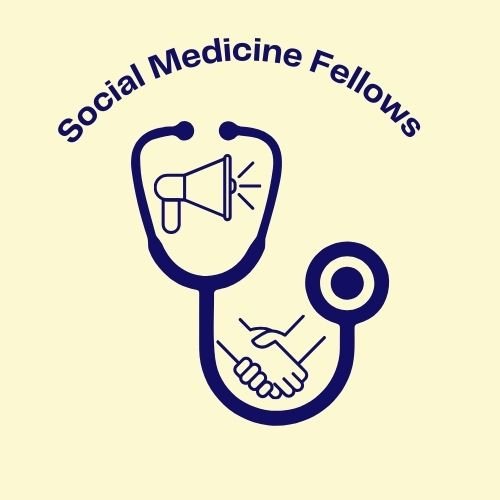Josh Weiland: 412 Food Rescue
412 Food Rescue is a local nonprofit that stops good food in restaurants and grocery stores from going to waste by redirecting it to organizations such as food banks, community centers, and health clinics that directly serve those experiencing food insecurity. SMFP Fellows talked with Josh Weiland, the Sr. Director of Distribution Programs, about 412 Food Rescue and how we can help combat food insecurity. For more information, email info@412foodrescue.org or find them at https://412foodrescue.org/.
Q: What’s your most successful program? Can you share how you’ve seen your organization’s work make a difference?
A: I think our most successful program has been the app, the growth of our networks throughout Pittsburgh, and our expansion nationally. The app, or the Food Rescue Hero Network, is a home-grown 412 Rescue program that has also been adapted by other cities.
Healthy, nutritious, surplus food is typically thrown out and not distributed, which contributes to the climate crisis and methane build-up. What we did through the app was create a network of donor partners that let us know the timeframe, pickup schedule, and what cadence works for them. We then pair them with a nonprofit partner in their neighborhood, and a volunteer picks up that donation, claims the donation on the app, then moves it to the nonprofit partner for distribution to the community. In 2023 alone, we’ve moved 770,000 pounds of food. Over half of what we are rescuing is labeled as ‘fresh produce’ as well.
Not only do we have the app that has made a huge impact, but we’ve also been afforded the platform to begin launching some other special programs (i.e. the Good Food Project in Millvale, home delivery programs, and grocery bagging programs with the housing authority) that provide nuanced, last-mile services. In this way we ensure that we are responsive to things like the pandemic, and provide services that are as barrier-free as possible.
Q. What challenges do you face (locally, organizationally, and nationally)?
Food insecurity is a wicked problem, and there are so many socioeconomic variables that feed into it. Nationally, there can be barriers in onboarding donors as there is still a stigma around donating food. Enticing more organizations to donate, by educating organizations that it is actually easy to donate food, and that they are protected from liabilities around donating food, is key. I think the pandemic put a big spotlight on food security, and we saw people have more time in their day and a move towards contactless pickups - there was a lot of synergy there that helped. In the post-pandemic phase, that community need is greater than ever. Working to meet that need is always a challenge.
Q: How will the end of extra SNAP benefits affect your organization’s work and the population you serve? How have you been preparing for this?
A: What this is is that people’s SNAP benefits are cut in half from what they are used to during the pandemic. We are seeing more calls and increased need. But because we are donation based, it is hard for us to prepare so we are trying to align with other agencies and organizations to ensure we can properly refer people to what is available to them. For our home delivery program, we are courting partners that have the capacity to onboard additional households.
Q: What are your hopes for growing 412 Food Rescue?
A: We are always looking to expand- [...] Within our programs, we are consistently looking to onboard new partners [such as in] our last mile home deliveries program… [and] as we have discussions around food as a social determinant of health, how can 412 Food Rescue programs align themselves with other programs to provide complimentary services? For example, what population is Pitt Med looking to serve and what resources do you not have that we do have?
Q: What can members of the medical community do to support your work and support food equity in Pittsburgh?
A: The easy answer is to volunteer. We make volunteering easy and any participation in that is helpful. I think being allies in this work, working with local organizations and giving them a platform [is important]. Something we can all do at all times is to recognize what platform we have or inherit that maybe other organizations don’t have and how we can broadcast those organizations and needs.
Q: Any last comments or anything you want the medical community to know?
A: Your input and collaboration is so valuable, so don’t be afraid to reach out! We have a lot of areas in which we can help each other.

